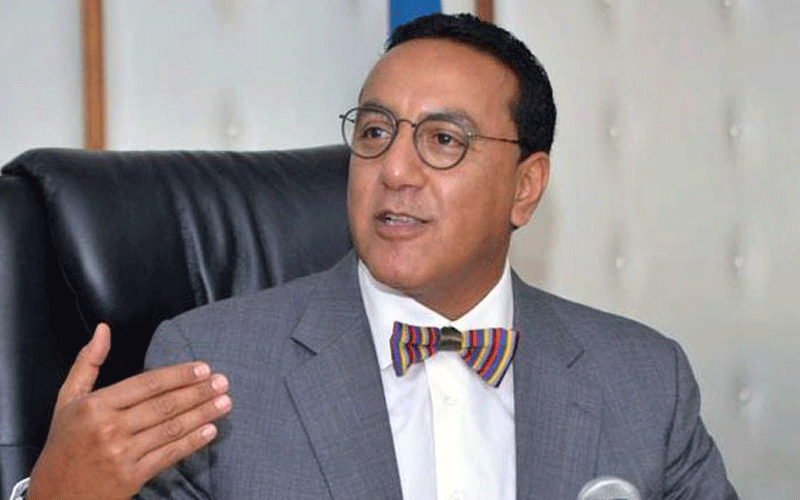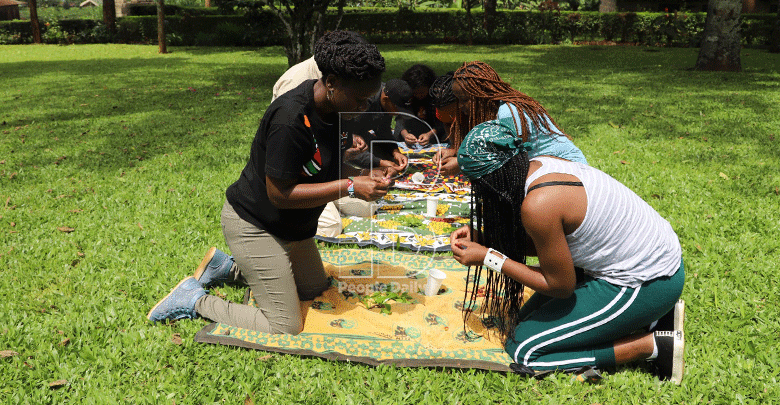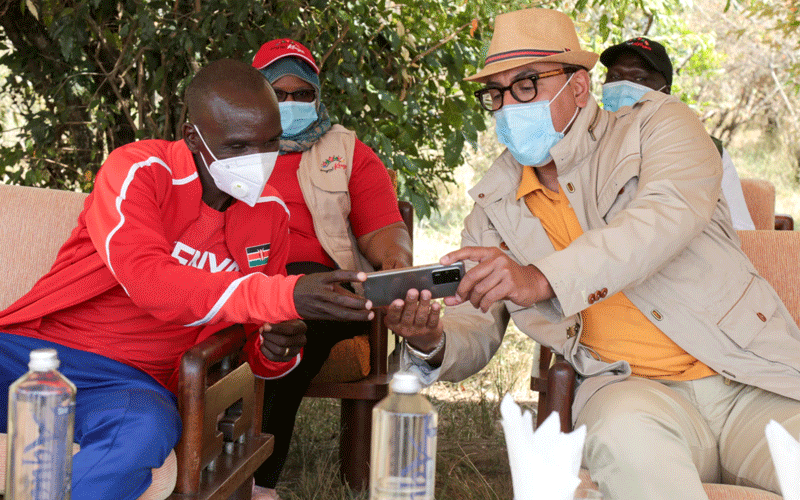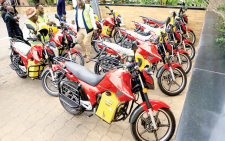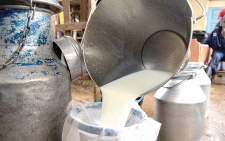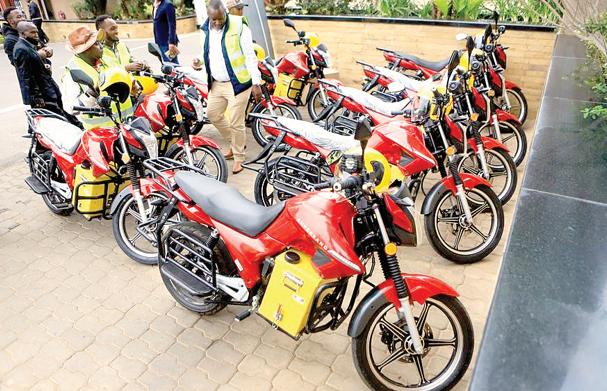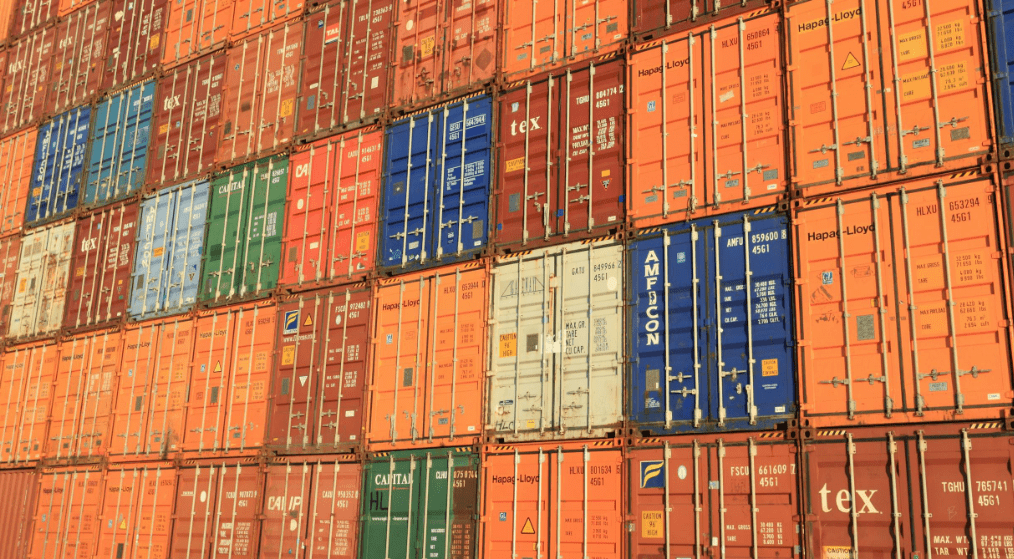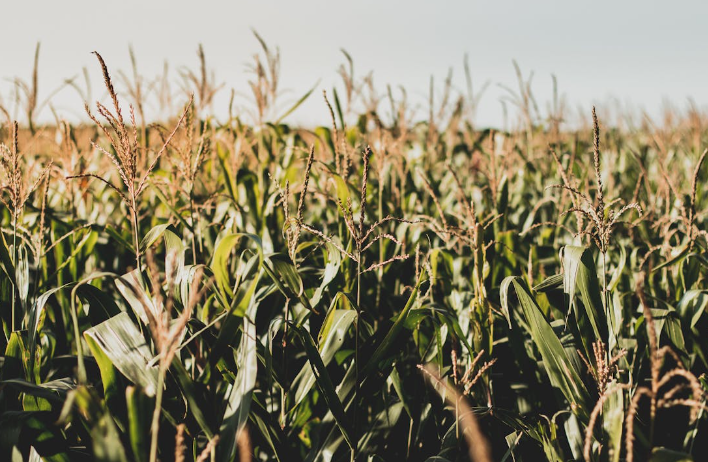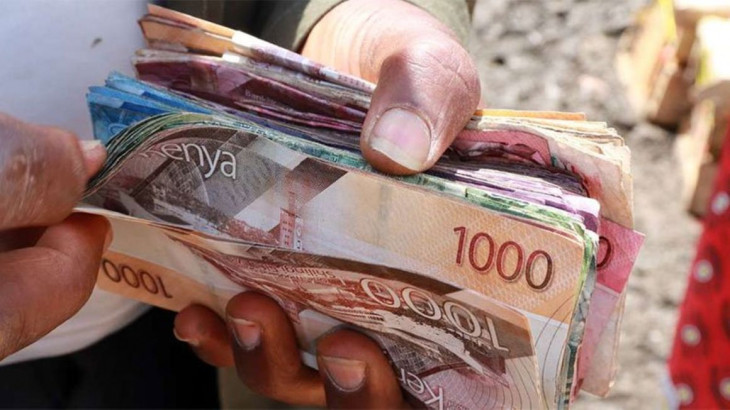UK tourists shun Mara as gnu migration enters homestretch
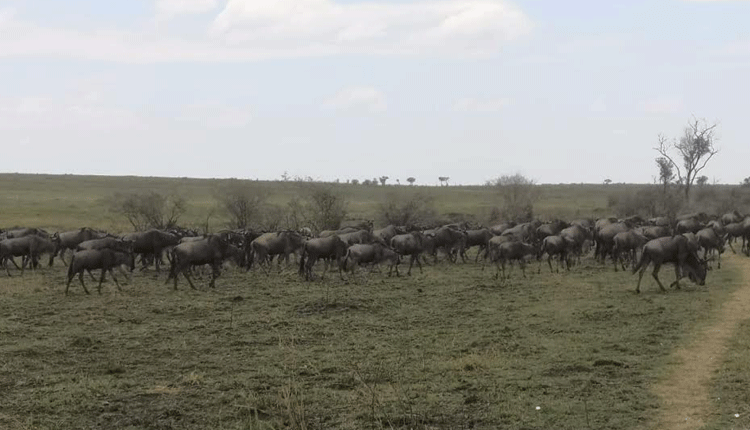
Hotels in Masai Mara Game Reserve and other destinations in Kenya, which have for years depended on tourists from the United Kingdom (UK) have since last year when Covid-19 struck recorded losses running into billions of shillings even as this year’s peak season draws to a close.
Tour operators who have for years also transported tourists from the UK to the country are also reporting heavy losses after visitors from the European country failed to visit.
They say although international travel has resumed, several advisories issued by the UK authorities to their citizens against visiting the country for fear of catching the Delta Variant and banning Kenyans from visiting UK, have kept them out of business.
In the Mara, lodges and tented camps, which exclusively rely on tourists from the country have either closed or are now relying on arrivals from other parts of the world, which has been erratic.
“When Covid-19 struck, we lost huge business opportunities. But as the world is moving away from lockdowns and allowing free movement after vaccinations, we still remain in doldrums with the travel advisories by the UK government,” says Jackson Looseiya, a tour operator for an exclusive camp, which 95 per cent of its visitors come from the UK.
Statistics from the Kenya Tourism Board, show that UK has been Kenya’s traditional market up to 2019 with the advent of coronavirus.
However, according to the Economic Survey 2021, released last week, tourism sector shed more than Sh71 billion last year under the weight of Covid-19 containment measures, representing a 43.9 per cent decline compared to the previous year.
The Kenya National Bureau of Statistics (KNBS) survey showed earnings in the sector fell from Sh163.6 billion in 2019 to Sh1.7 billion in 2020.
Travel restrictions, social distancing measures and isolation guidelines saw international visitor arrivals drop by 71.5 per cent from 2,035,400 in 2019 to 579,600 last year.
The government suspended international passenger flights from March 25 to July 2020, which led to dismal international visitor arrivals.
The number of visitors on holiday also decreased from 1,288 900 in 2019 to 134,900 in 2020.
The survey further revealed that the number of visitors on transit also decreased by 78.5 per cent to 37,200 while those on business decreased by 37.5 per cent to 171,100 in 2020.
Visitors on holiday constituted 23.3 per cent of international arrivals.
Last year, hotel bed nights occupancy contracted by 58 per cent to 3,803,000 while the number of international and local conferences held declined by 87 per cent and 75.2 per cent respectively.
Looseiya said non arrivals were being exacerbated by the standoff between Kenya and UK governments over the resumption of flights between the two countries, adding that failure by the government to rollout mass vaccination against coronavirus to boost the confidence of would be visitors of their safety was further compounding the problem.
“Countries in the world are vaccinating their citizens to pave way for resumption of normal life.
Kenya and other African countries are way behind in that, because it entirely depends on vaccines donations, which makes vaccination coverage very low,” he said, adding “It’s for that reason that the UK is cautious about travel to and from Kenya.
Apart from advisories, citizens of UK are not keen on visiting the country, fearing that they will contract the deadly Delta Variant, which is already here,” he said.
He asked the government to increase vaccination coverage for the UK to remove it from the red list and allow resumption of travel between the two countries.
He spoke as about 1.5 million wildebeests, which migrated from Serengeti National Park in Tanzania to the Mara late June are beginning to return, signaling the end of another low-key annual peak season.
Indians and Americans
Most establishments received a handful of visitors mainly local Indians and others from other parts of the world.
Few tourists from the European Union (EU) member states visited the famous reserve because EU does not recognise the AstraZeneca vaccine manufactured in India, claiming its efficacy in fighting the Delta Variant is low.
“We received few foreign visitors, but it was better than last year when there was no international arrivals.
We hosted Indians and Americans” said Theophilus Shumwe, the manager of Tipilikwani Eco Camp.
Sarova Mara Game Camp, Mara Simba Lodge, Serena Mara Lodge, Tipilikwani Camp and Keekorok Lodge are some of facilities that hosted Indians, tour operators and hoteliers told Travelwise.
Apart from Indians, Chinese, Pakistanis, Chileans, Canadians and some US citizens visited the reserve during the ending season.
The gnus will be heading south of Serengeti where they will graze until they calve and, thereafter, move to the heart of the prestigious national park.
Wilson Odhiambo, the GM Mahali Mazuri says some have started going back to Tanzania. By the end of October they will all be gone.
“They could even be gone before October because they purely follow the rains and food,” he said.
Ecologists say since last year, there has been heavy presence of lions and other big cats inside the park preying on them and zebras, adding that half of them may not return to Serengeti.
“About 1.5 million gnus migrated to the Mara, but about 700,000 or less will return.
Absence of vehicular traffic inside the park in the last two years have led to the increase of the big cats population,” says Nick Murero, the Mara-Serengeti Ecosystem Coordinator for Lake Victoria Basin
Lilly Waddington of UK Magical Safaris Ltd says that hotels in the country, which depend on UK tourists will this year suffer, because of the updated travel advisories by their government to reduce non essential travel to Kenya, adding that apart from Kenya, Southern African countries are also feeling the effects.
“During peak seasons in the Mara and the coast, we do a lot of transfers, but since the outbreak of coronavirus, our business has been in the doldrums. It might take long before full resumption,” she says.
Patrick Wanjohi of Into Africa Eco Travel Company Ltd says hundreds of his clients from Europe could not visit Kenya, Tanzania, Zanzibar, South Africa and Botswana, because of the prevalence of the Delta Variant, adding that it might take another two years before business resumes.
“It is until Kenya and other African countries vaccinate their citizens using drugs that are approved by the USA Food and Drug Administration that normal travel will resume.
Governments need to move out of dependence on donations if they want their economies to go back to normal,” he says.
He adds that next year even if the government will have vaccinated its entire population, electioneering will stand in the way of international arrivals, because the general election will be held in August during peak season in the Mara and the coast.
Njoroge Gichina, the national chairman of Tour Guides and Drivers Association says there was dismal business volume this season, but is optimistic that the travel sector will rebound in 2023, after the general election and mass vaccination. “Most of our members are still struggling to repay vehicle loans they borrowed before the Covid-19. The one-year loan repayment suspension ended in April this year. Some have already sold their fleet of vehicles,” he says.
Owners of more than 20 manyatas, which tourists visit to appreciate local culture and incursions also complained about low business arrivals this and last season.
Geoffrey Kimani, the chairman of Masai Mara Curio Dealers Association said most shops along the Narok-Sekenani road closed business since last year and it might take them more than three years to revive them.
“Most of them closed their shops last year and were unable to reopen this season. To mobilise money for them to go back to their feet is a gigantic job,” he said.
